
Transcription
* THE BIG DECISION *
THUS FAR
COMMONWEALTH OF MASSACHUSETTS SUFFOLK,ss
Notice sent SUPERIOR
6/22/2012 COURT
T M S CIVIL ACTION
T J M NO 2011-00869-G
(sc)
TIMOTHY MUISE
vs
GARY RODEN & another (Rebecca Donahue)
MEMORANDUM OF DECISION AND ORDER ON THE PARTIES' CROSS-MOTIONS
FOR JUDGEMENT ON THE PLEADINGS AND THE DEFENDANTS' MOTION FOR
SUMMARY JUDGMENT
INTRODUCTION
The petitioner, Timothy Muise ("Muise"), brings this action prose against two employees of the Massachusetts Department of Corrections ("DOC"), Gary Roden ("Roden") and [redacted]. In his complaint, Muise asserts that he is challenging "the procedure by which he has been found guilty of, punished for, and retaliated against in relation to an alleged disciplinary infraction," Muise brings his claims in the nature of certiorari pursuant to G L c 249, & 4, for declaratory judgment pursuant to G L c 231A, for equitable relief pursuant to G l c 214 & 1, and for damages pursuant to 42 U s C & 1983.
The defendants have raised the affirmative defense of qualified immunity. The matter is now before the court on the parties' cross-motions for judgment on the pleadings and the defendants' motion for summary judgment.
BACKGROUND
The record reveals the following undisputed facts. Muise is an inmate lawfully in the custody of the DOC. He began his incarceration on August 18, 1999. Muise is currently incarcerated at MCI-Shirley. At all times relevant to this action, Muise was incarcerated at MCI-Norfolk. Roden is the Superintendent of MCI-Norfolk and [redacted] was the disciplinary hearing officer for the hearing that was held in relation to Disciplinary Report #213260.
In September 2010, Muise wrote to Paul DiPaolo ("DiPaolo"), who was at the time the Assistant Deputy Commissioner of the Northern Sector for the DOC. In the letter, Muise made allegations of staff misconduct against multiple members of MCI-Norfolk. On September 30, 2010, Roden, DiPaolo, and Muise met to discuss Muise's allegations. After an investigation by the DOC's Internal Affairs Unit, prison officials found that Muise's allegations were not supported.
On November 5, 2010, pursuant to 103 Code Mass. Regs. 481.14, Roden approved a request for an inmate mail monitor in relation to Muise. On November 10, 2010, while reviewing Muise's outgoing mail, the correspondence at issue in this case was intercepted. The correspondence was a letter written by Muise to a civilian party, in which he states "[s]ome of the REAL hard chargers in here are going to try to organize a 'day of protest'. I will keep you posted. We NEED your help." The letter was confiscated and on the same day, a Disapproved Correspondence/Publication and Contraband Notice ("Notice") was issued to Muise. Muise refused to sign for receipt of the Notice. He alleged at the hearing before this court that the Notice wrongly stated that his correspondence was confiscated because it contained illicit material and that is why he refused to sign for it. On November 10, 2010, Muise was moved from MCI-Norfolk's general population to the Special Management Unit ("SMU") on an administrative segregation status, pending an investigation of the confiscated correspondence.
On November 18, 2010, Muise was issued Disciplinary Report #213260. Disciplinary Report #213620 outlined the interception of Muise's November 10, 2010 outgoing correspondence. The Disciplinary Report also noted that the DOC officers attempted to interview Muise, but that he was uncooperative and refused to participate in the interview process. Disciplinary Report #213260 charged Muise with six offenses under 103 Code Mass. Regs. 430.24: engaging in or inciting a group demonstration or hunger strike, see 2-10; conduct which interferes with the security or orderly running of the institution, see 2-24; attempting to commit any of the above offenses, making plans to commit any of the above offenses, or aiding another person to commit any of the above offenses, see 2-29; using mail or telephone in violation of the established regulations, see 4-10; violating any departmental rule or regulation, or any rule, regulation, or condition of any institution or community-based program, see 4-11; and attempting to commit any of the enumerated offenses, making plans to commit any of the above offenses, or aiding another person to commit any of the above offenses, see 4-15. Muise alleges that the underlying reasons behind the monitoring of his mail and filing Disciplinary Report #213260 were retaliatory and based on his actions in attempting to uncover a "sex for information ring" that existed at MCI-Norfolk.
On December 20, 2010, after providing notice to Muise, [redacted] conducted the disciplinary hearing concerning Disciplinary Report #213260. Officer [redacted], the reporting officer, was present at the hearing as a witness. Lieutenant [redacted] was also present at the hearing as a witness. After reviewing the evidence, [redacted] concluded that the evidence clearly established that Muise attempted to send an outgoing correspondence to an outside party that made reference to organizing a "day of protest". [Redacted] noted that Muise's testimony along with the arguments presented by his legal representation and the written statements submitted by the inmates failed to outweigh the evidence presented indicating Muise attempted to organize "a day of protest". Muise appealed [redacted] holding on or about January 7, 2011. On January 10, 2011, Roden denied the appeal, finding that the hearing for Disciplinary Report #213260 was held in accordance with the requirements set forth within 103 Code Mass. Regs. 430.00.
On January 20, 2011, Muise had his most recent classification hearing. At this hearing, the classification board unanimously recommended that Muise be transferred from MCI-Norfolk to MCI-Shirley based on an Objective Point Based System score of eleven and the need for alternate placement due to security concerns that existed with his continued placement at MCI-Norfolk. Part of the classification report discussed the number of disciplinary reports Muise has received and included a discussion of the report at issue in this case. The reclassification report states that Muise received a disciplinary report for attempting to organize a group demonstration using the mail system, and that letters that were sent out indicated a specific date, time, and location for a civilian protest. Muise filed an appeal of this reclassification, which the Commissioner's Designee, [redacted], reviewed. On February 7, 2011, [redacted] approved the classification board's recommendation for Muise's transfer to MCI-Shirley. Muise was transferred to MCI-Shirley on February 8, 2011.
DISCUSSION
I. Parties' Cross-Motions for Judgment on the Pleadings
As an initial matter, the court will review Muise's challenge of the disciplinary hearing process through his action in the nature of certiorari. Judicial review of an administrative agency decision pursuant to G.L.c. 249, 4, "shall be resolved through a motion for judgment on the pleadings" pursuant to Mass. R. Civ. P. 12(c). Superior Court Standing Order 1-96. An inmate challenging a prison disciplinary hearing process must bring an action in the nature of certiorari. Pidge v. Superintendent, Mass. Corr. Inst. Cedar Junction, 32 Mass. App. Ct. 14, 17 (1992). The function of an action in the nature of certiorari is not to reverse or revise findings of fact in DOC administrative proceedings, but "to correct substantial errors of law apparent on the record adversely affecting material rights." Sullivan v. Committee on Rules of the House of Representatives, 331 Mass. 135, 139 (1954). In making its determination, this court must evaluate whether the decision of the hearing officer was "legally tenable" and supported by substantial evidence as demonstrated by the record. Gloucester v. Civil Serv. Comm'n, 408 Mass. 292, 297 (1990), citing Commissioner of Health & Hosps. of Boston v. Civil Serv. Comm'n, 23 Mass. App. Ct. 410, 411 (1987). Substantial evidence is evidence that a person of "reasonable mind" would accept as adequate to support a conclusion. Id.
Judicial review of a disciplinary hearing is not de novo, but rather is limited to determining whether the evidence is legally sufficient to support the finding. Hill v. Superintendent, Mass. Corr. Inst., Walpole, 392 Mass. 198, 202 (1984) (rev'd on other grounds). A reviewing court must accord great deference to the hearing officer's decision, and issues of credibility as well as the resolution of factual disputes are exclusively within the function of the hearing officer. Cepulonis v. Commissioner of Corr., 15 Mass. App. Ct. 292, 294-5 (1983).
In this case, Muise challenges his disciplinary hearing, arguing that the regulation he was found to have violated, section 2-10, is unconstitutional on his face. In Procunier v. Martinez, the Supreme Court addressed the issue of censorship of inmate correspondence with persons outside the prison, a practice which "implicates more than the rights of prisoners". 416 U.S. 401, 408 (1974). Recognizing the importance of protecting the right of persons who were not prisoners, the Supreme Court articulated the standard of review for analyzing restraints on an inmate's outgoing correspondence. Martinez, 416 U.S. at 413. "First, the regulation or practice in question must further an important or substantial governmental interest unrelated to the suppression of expression." Id. Thus, prison officials must "show that a regulation authorizing mail censorship furthers one or more of the substantial governmental interests of security, order, and rehabilitation". Id. Second, the restriction must "be no greater than is necessary or essential to the protection of the particular government interest involved." Id. Therefore, even if a regulation furthers an important or substantial governmental interest, it may still be invalid if its sweep is unnecessarily broad.
In this case, 103 Code Mass. Regs. 481.14(2), authorizes the DOC to censor outgoing prisoner mail that contains "plans for... any activity which violates any departmental... regulation..." [Redacted] found that Muise's letter constituted a violation of 103 Code Mass. Regs. 430.24(2-10). Section 2-10 states that "[e]ngaging in or inciting a group demonstration or hunger strike" constitutes a category two offense. Because Muise's confiscated letter was addressed to an outsider, "it is plain that latter's interest is grounded in the First Amendment's guarantee of freedom of speech." Id at 409. As such, the court will analyze 103 Code Mass. Regs. 430.24(2-10) using the standard articulated in Martinez.
(The Supreme Court's subsequent rulings regarding First Amendment rights in the prison context, however, have laid out a different standard of review than the standard articulated in Martinez. See Turner v. Safley, 482 U.S. 78, 88-90 (1987) (adopting a standard of review that focuses on the reasonableness of the prison regulations and holding that relevant inquiry is whether actions of prison officials were "reasonably related to legitimate penological interests.") However, in Thornburgh v. Abbott, 490 U.S. 401, 411-412 (1989), the Supreme Court reaffirmed the standard of review articulated in Martinez when evaluating regulations that affect OUTGOING mail, as in the case here, and it is therefore the correct standard to apply in analyzing the regulations at issue in this case.)
The first issue, then, is whether the censorship of Muise's mail pursuant to section 2-10 furthers an important or substantial governmental interest unrelated to the suppression of expression. Martinez, 416 U.S. at 413. The court finds for purposes of these motions that preventing group demonstrations inside the prison because of security concerns is a substantial governmental interest. The court must then examine whether the "limitation of First Amendment freedoms [is] no greater than is necessary or essential to the protection of the particular governmental interest involved." Id. at 414. A regulation that furthers an important governmental interest will still be invalid if its sweep is unnecessarily broad.
Here, after reviewing the language in section 2-10, the court finds that it is not narrowly drawn to reach only material that will encourage disruption or raise security concerns INSIDE of the prison walls. First, section 2-10 is not limited to incoming mail or actions occurring solely inside of the prison. As the DOC conceded at the hearing, it would be unconstitutional for it to censor any correspondence inciting a group demonstration OUTSIDE of the prison. The failure to distinguish between conduct occurring inside versus outside of the prison is especially pertinent in this case, as Muise alleges that his letter at issue was discussing a group demonstration that was held outside of the prison. As such, section 2-10's sweep of prohibited conduct includes both protected and unprotected activities. Additionally, the court notes that the lack of specificity in section 2-10 affords prison officials wide discretion in determining whether a correspondence constitutes inciting or engaging a group demonstration. Therefore, the court finds that section 2-10 is invalid on its face.
Because the court has determined that section 2-10 is invalid on its face, it follows that [redacted] conclusion that Muise violated this invalid regulation was an error of law. As such, the court finds that [redacted] decision must be reversed. Furthermore, the court remands this matter to the classification board to reconsider Muise's reclassification in light of the court's ruling.
B. The Parties' Motions for Summary Judgment
Summary judgment shall be granted where there is no genuine issue of material fact and the moving party is entitled to judgment as a matter of law. Mass. R. Civ. P. 56(c). The moving party bears the burden of affirmatively demonstrating that there is no genuine issue of material fact on each relevant issue and that the summary judgment record shows the party is entitled to judgment as a matter of law. Pederson v. Time, Inc., 404 Mass. 14, 16-17 (1989). The moving party may satisfy this burden by submitting affirmative evidence negating an essential element of the non-moving party's case, or by demonstrating that the non-moving party has no reasonable expectation of proving an essential element of its case at trial. Flesner v. Technical Comm'n Corp., 410 Mass. 805, 809 (1991); Kourouvacilis v. General Motors Corp., 410 Mass. 706, 710 (1991).
"If the moving party establishes the absence of a triable issue, the party opposing the motion must respond and allege specific facts which would establish the existence of a genuine issue of material fact[.]" Pederson, 404 Mass. at 17. The court views the evidence in the light most favorable to the nonmoving party. Beal v. Board of Selectmen of Hingham, 419 Mass. 535, 539 (1995).
The defendants have moved for summary judgment as to these remaining claims, raising a qualified immunity defense. Muise's remaining claims include a claim of retaliation, a request for declaratory judgment, and a request for damages pursuant to 42 U.S.C. 1983. Muise has filed a motion for judgment on the pleadings as to all of his claims. However, the court believes the proper avenue for review of his claims for declaratory judgment, retaliation, and damages pursuant 42 U.S.C. 1983,is through a motion for summary judgment. As such,the court will treat Muise's motion for judgment on the pleadings as a cross-motion for summary judgment as to all of his claims except that brought in the nature of certiorari. (The court recognizes it usually must give the parties notice when it converts a motion to a motion for summary judgment. However, in this case, because the court is relying solely on the administrative record, the court finds no notice is necessary because the usual reasons for requiring notice,e.g., discovery, are not relevant here.)
A. Declaratory Judgment
i. Analysis
Pursuant to G.L.c. 231A, 1, this court "may... make binding declarations of right, duty, status and other legal relations... in any case in which an actual controversy has arisen and is specifically set forth in the pleadings." In order for a court to entertain a petition for declaratory relief, an actual controversy must appear on the pleadings; and, even if there is a finding of an actual controversy, a plaintiff must demonstrate the requisite legal standing to secure its resolution. Galipault v. Wash Rock Inv., LLC, 65 Mass. App Ct. 73, 83 (2005). See also Massachusetts Ass'n of Indep. Ins. Agents & Brokers, Inc. v. Commissioner of Ins., 373 Mass. 290, 292 (1977).
Muise seeks a declaration that his rights have been violated through the actions of the defendants. For the reasons stated above, the court finds that 103 Code Mass. Regs. 430.24(2-10) is unconstitutional on its face.
ii. Declaration
"As the action is one for declaratory relief, the [Superior] Court judge [is] required to make a declaration of the rights of the parties." Vergato v. Commercial Union Ins. Co., 50 Mass. App. Ct. 824, 829 (1996), quoting Dupont v. Dracut, 41 Mass. App. Ct. 293, 297 (1996).
Based on the analysis in this opinion, the court makes the following declarations:
1. 103 Code Mass. Regs. 430.24(2-10) is facially invalid.
B. Retaliation
Muise also alleges that his transfer from MCI-Norfolk to MCI-Shirley was out of retaliation for his having revealed serious abuse at the prison, and for having brought in legislative and public safety officials to whom he detailed this real and serious abuse. He alleges that the disciplinary proceedings were initiated against him because of his protected conduct.
"In general, in order to sustain a claim of retaliatory discipline, the plaintiff must first show 'that the disciplined conduct was constitutionally protected'". Shabazz v. Cole, 69 F. Supp. 2d 177, 197 (1999), citing Graham v. Henderson, 89 F.3d 75, 80 (2nd Cir. 1996). The plaintiff must then show that "'the protected conduct was a substantial or motivating factor in the prison officials' decision to discipline the plaintiff.'" Id., quoting Graham, 89 F.3d at 79.
Here, the court finds that there are genuine issues of material fact as to whether Muise's conduct was a substantial or motivating factor in the defendants' decision to discipline him. Id. Those issues include whether the underlying reasons behind the decision to monitor Muise's mail as well as the classification board's decision to transfer him were retaliatory in nature. (The reasons for the monitoring were submitted to the court UNDER SEAL. This was due to concerns for prison discipline and management should they be disclosed publicly. Vacating the seal will require an order of any Superior Court judge.) However, the evidence in the record indicates that these are issues that must be resolved at trial as to whether the defendants' actions were based on legitimate penological concerns or were retaliatory in nature.
C. 42 U.S.C. 1983
Section 1983 allows equitable and legal relief against a state official who deprives any person of rights secured by the Federal Constitution. In this case, Muise alleges that he engaged in activities protected under the United States Constitution and the Massachusetts Declaration of Rights. Muise argues that he is entitled to damages pursuant to 42 U.S.C. 1983 based on the disciplinary proceedings brought against him for engaging in protected conduct.
The defendants argue that they are entitled to qualified immunity because their actions were taken in good faith and did not violate any clearly established law. Where public officials are performing a discretionary function, the doctrine of qualified immunity may shield them from civil liability in a section 1983 action. Harlow v. Fitzgerald, 457 U.S. 800, 818 (1982). See also Gildea v. Ellershaw, 363 Mass. 800, 820 (1973). An official is entitled to immunity if, at the time of the performance of the discretionary act, the right infringed upon was not "clearly established". Harlow, 457 U.S. at 818.
In this case, the defendants are entitled to immunity unless Muise can demonstrate that they violated clearly established rights of which a reasonable person would have been aware at the time of the incident. Caron v. Silvia, 32 Mass. App. Ct. 271, 273 (1992). See also Harlow, 457 U.S. at 818. To be "clearly established" a court need not previously have considered a situation identical to the one confronting the prison officials; if a court were to be presented with the situation at issue and would find that the plaintiff's rights were violated, the law is clearly established. Caron, 32 Mass. App. Ct. at 273.
Here, the record supports the inference that the defendants were aware that Muise's letter was referring to a group demonstration outside of the prison. The record, however, also supports an inference that the defendants actually did believe that Muise had violated a disciplinary rule by engaging in or inciting a group demonstration inside of the prison facility and imposed sanctions upon him solely because they believed he had violated that rule and to deter further violations of that rule, without any nefarious purpose in mind. Where the evidence would support conflicting inferences, neither Muise nor the defendants are entitled to summary judgment on this claim. Langton v. Secretary of Public Safety, 37 Mass. App. Ct. 15, 18 (1994). Furthermore, as discussed previously, to the extent that Muise's claim brought pursuant to 42 U.S.C. 1983 is based on his reclassification and subsequent transfer, the court finds that there are genuine issues of material fact whether the defendants' actions were in violation of Muise's clearly established rights. (The court notes that Muise also requests that it restore him to his position on the Norfolk Lifers' Group, restore him to his paid position on the Norfolk Inmate Council Store & Finance Committee, and afford him a single status at MCI-Norfolk. The court will not grant these requests, as it finds that Muise has not shown that these losses deprived him of liberty or property rights that are entitled to protection under the due process clause. See Murphy v. Cruz, 52 Mass. App. Ct. 314, 317-318 (2001).
ORDER
For the following reasons, it is hereby ORDERED that:
1. The defendants' Motions for Summary Judgment and Judgment on the Pleadings be DENIED;
2. The plaintiff's Motion for Judgment on the Pleadings be ALLOWED as to his claim brought in the nature of certiorari and DENIED as to his remaining claims;
3.The guilty disciplinary finding for Disciplinary Report #213260 be VACATED; and that
4. The matter be REMANDED to the classification board to review Muise's reclassification in light of the court's ruling; and
It is DECLARED and ADJUDGED that 103 Code Mass. Regs. 430.24(2-10) is INVALID.
So Ordered:
Frances A. McIntyre
Justice of the Superior Court
DATED: June 20, 2012
Other posts by this author
|
2017 jun 24

|
2017 jun 24
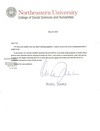
|
2017 jun 24
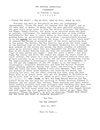
|
2017 jun 24
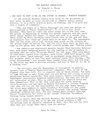
|
2017 jun 18
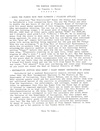
|
2017 jun 15
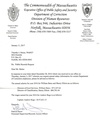
|
More... |
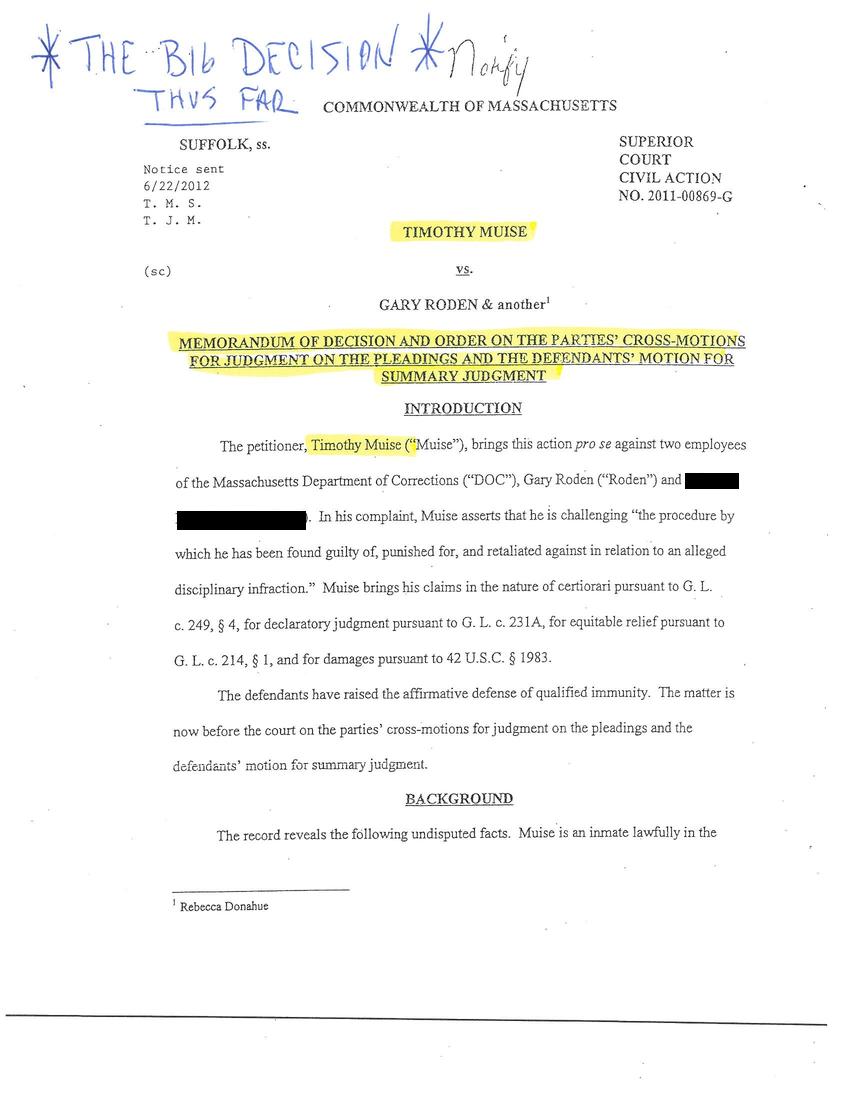
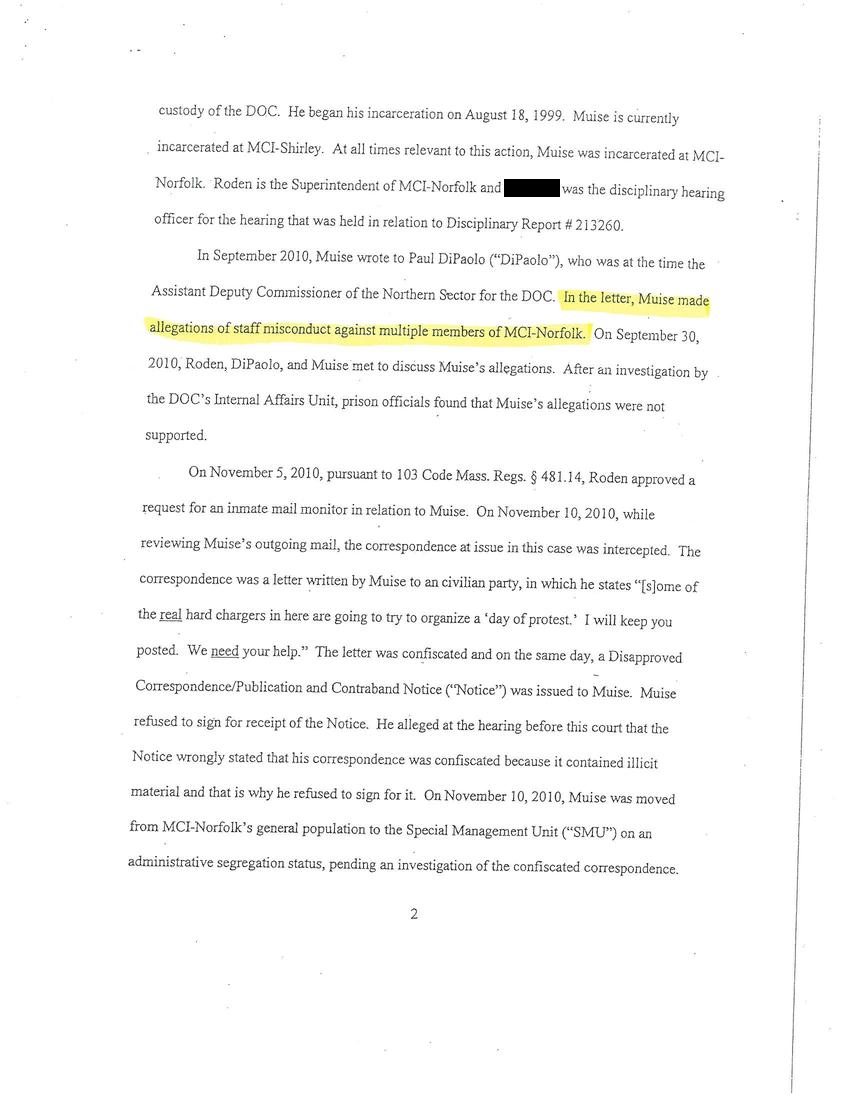
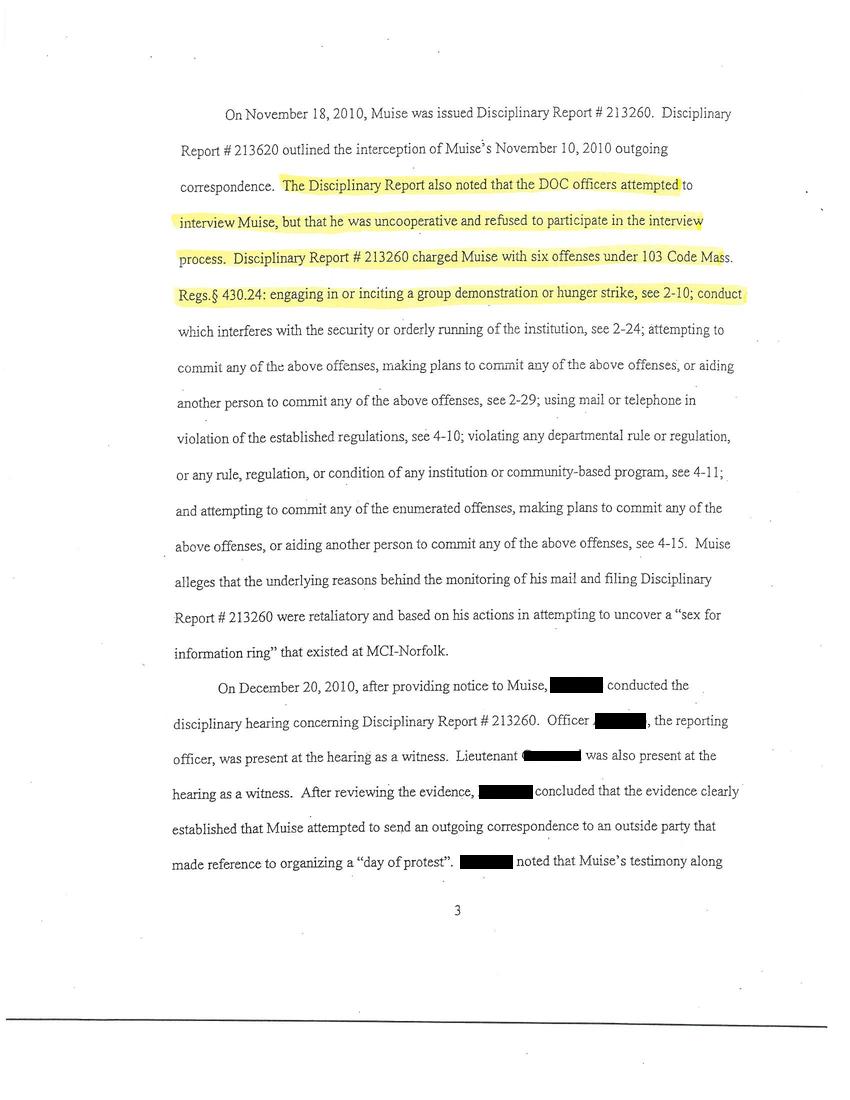
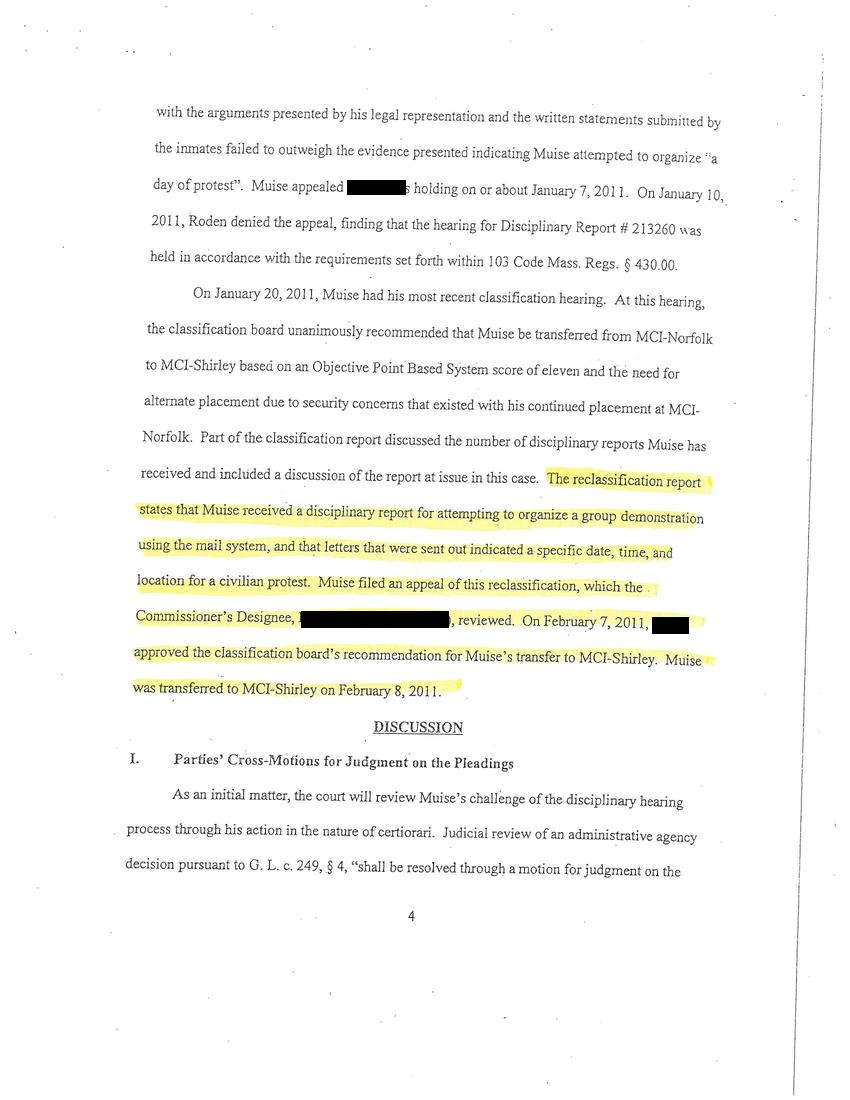
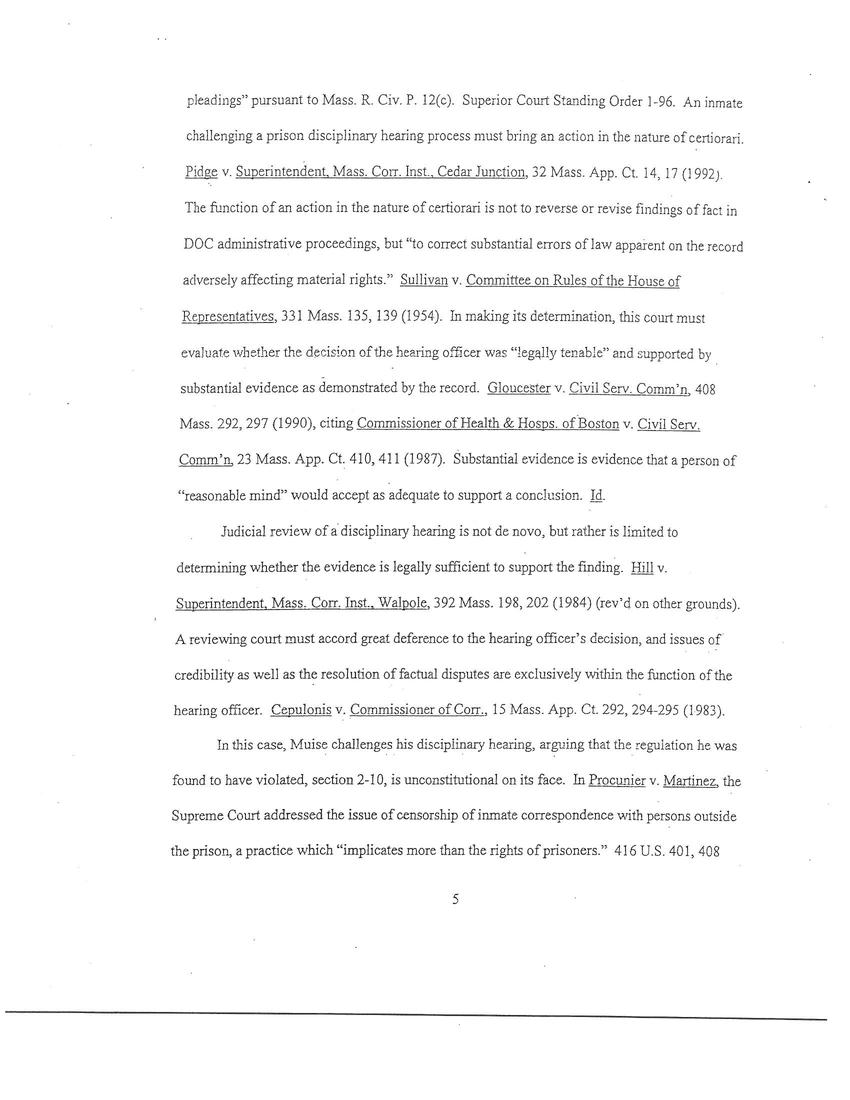
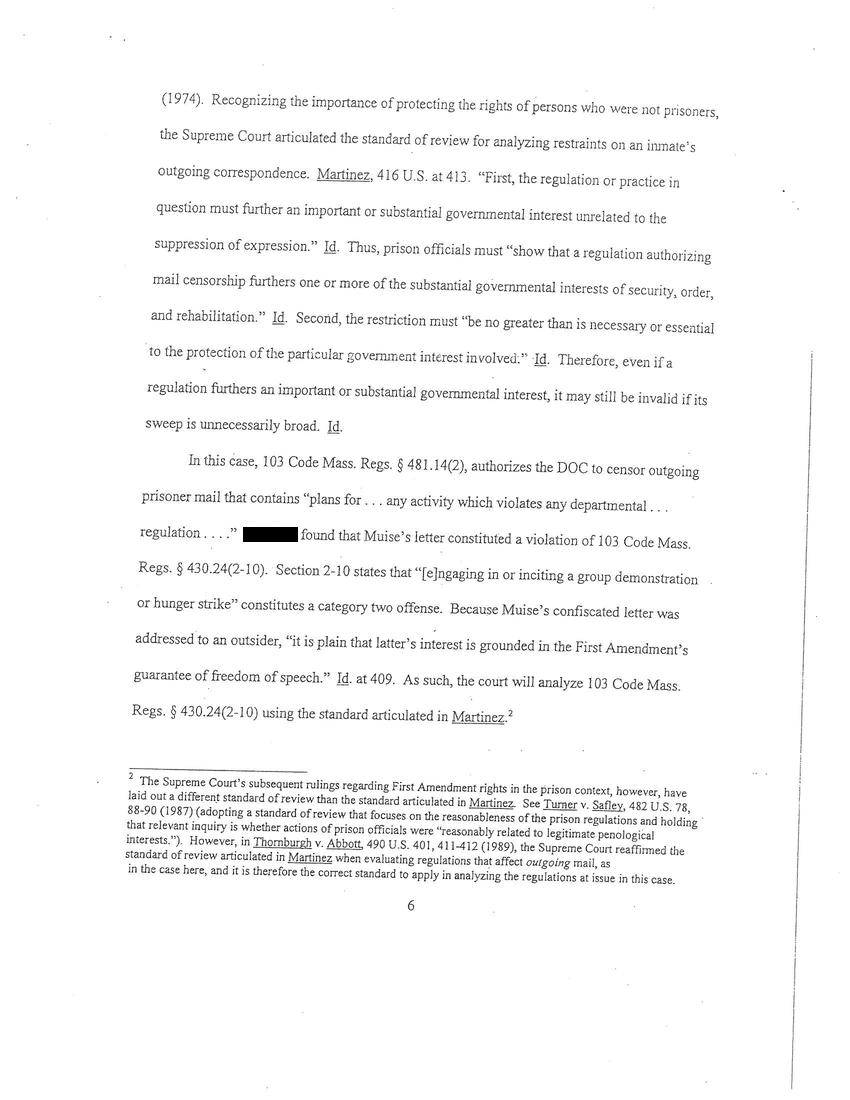

Replies